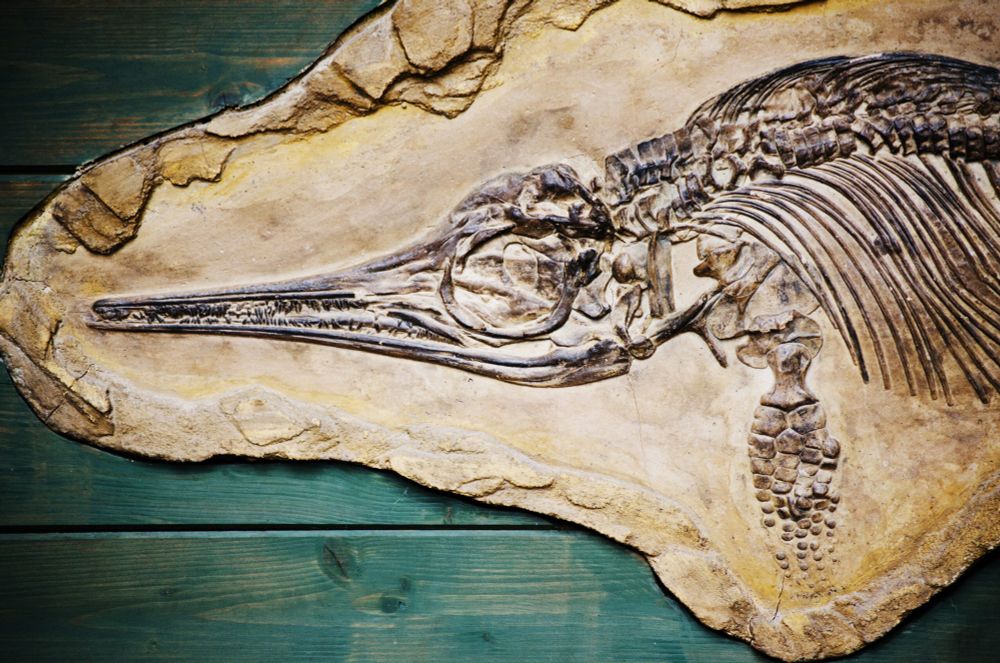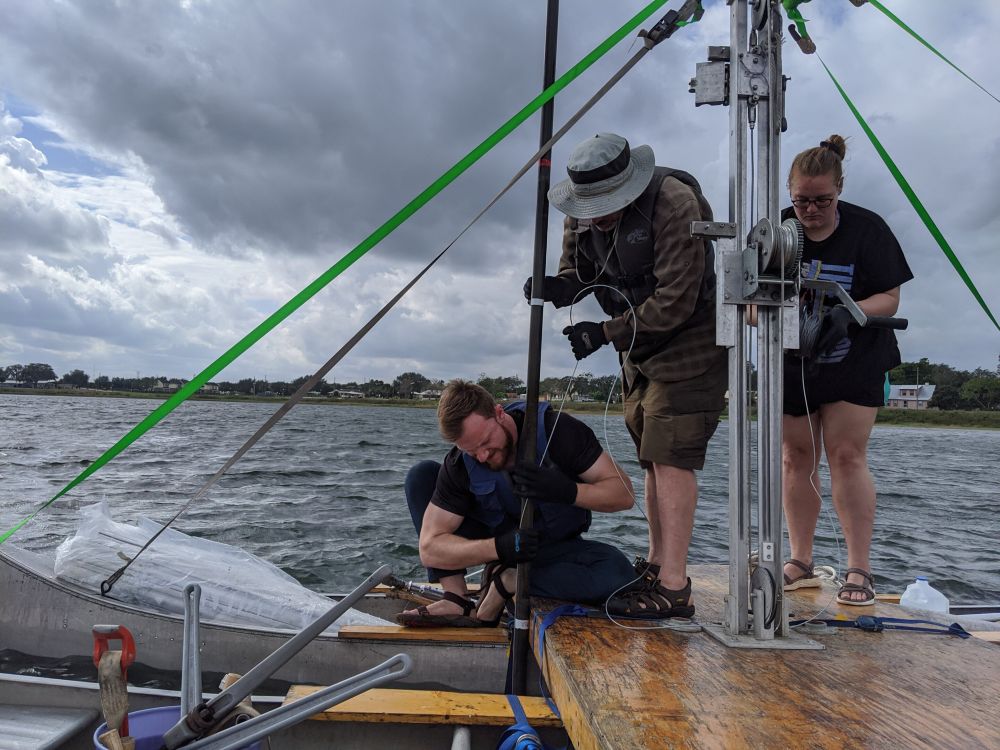






This year’s ranking takes into account a total of 236,313 researchers. Visit: www.fau.eu/2025/09/news... for more details.

This year’s ranking takes into account a total of 236,313 researchers. Visit: www.fau.eu/2025/09/news... for more details.

This year’s ranking takes into account a total of 236,313 researchers. Visit: www.fau.eu/2025/09/news... for more details.

community-driven project"is published in Paleobiology (doi.org/10.1017/pab.2025.10042)

community-driven project"is published in Paleobiology (doi.org/10.1017/pab.2025.10042)








1/3

1/3
@jonscibulski.bsky.social




@jonscibulski.bsky.social
@royalsocietypublishing.org Proceedings B, OPEN ACCESS: doi.org/10.1098/rspb...

@royalsocietypublishing.org Proceedings B, OPEN ACCESS: doi.org/10.1098/rspb...
Paper: www.science.org/doi/10.1126/...

Paper: www.science.org/doi/10.1126/...





